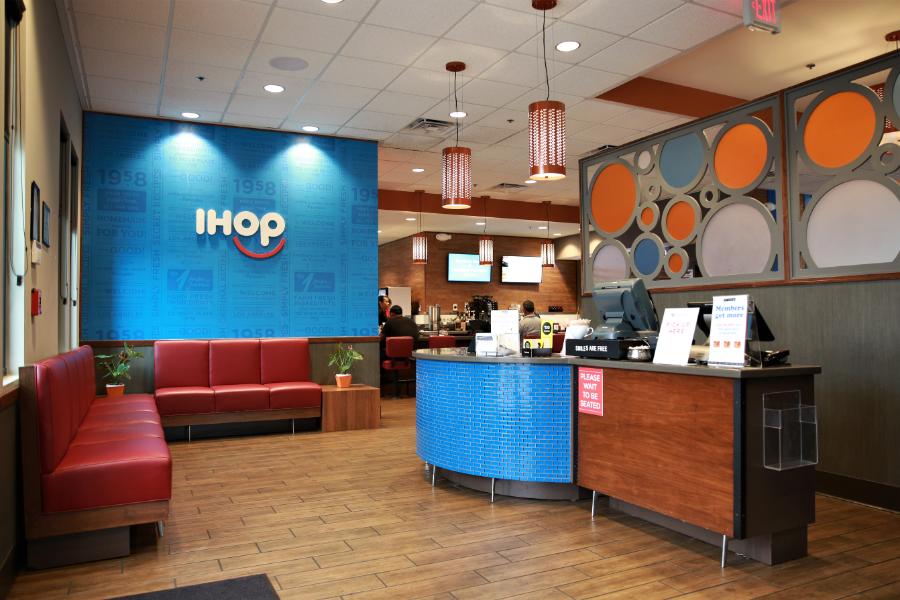 Like politics, money, or religion, the topic of homework isn’t something you’d want to bring up in mixed company.
Like politics, money, or religion, the topic of homework isn’t something you’d want to bring up in mixed company.
Everyone I know has an opinion on this topic, especially parents.
I feel it’s an age-old tradition that must be either redesigned, or thrown away. I lean toward throwing it away.
To take a page from someone who makes a great case against homework for elementary students, Alfie Kohn writes, “After spending most of the day in school, children are typically given additional assignments to be completed at home. This is a rather curious fact when you stop to think about it, but not as curious as the fact that few people ever stop to think about it.”
I’ll take it a step further.
The problem is, when educators do stop to think about homework and then attempt to discuss it, many assume they are lowering standards and — ultimately — a belief that all children will somehow forget everything they had learned in school. But it’s just not true.
Kohn, for one, makes a case that the negative effects of homework are well known. This includes children’s frustration and exhaustion, lack of time for other activities, and possible loss of interest in learning. Many parents are anxious about the impact of homework on their relationship with their children — and some dislike playing the role of ‘homework police.’
Kohn also states the positive effects of homework are mostly mythical.
As an educator, I firmly believe school communities have been fed this narrative for generations, much like the USDA’s original Food Pyramid. The old Food Pyramid paradigm was debunked years ago, but not the so-called benefits of homework!
The results about the alleged positive effects of homework are lacking. Kohn argues there is no evidence of any academic benefit from assigning homework in elementary or middle school. At the high school, the correlation is weak and tends to disappear when more sophisticated statistical measures are applied. Meanwhile, no study has ever substantiated the belief that homework builds character or teaches good study habits.
Kohn argues that more and more homework is being piled on children despite the absence of its value. He states, “Over the last quarter-century the burden has increased most for the youngest children, for whom the evidence of positive effects just isn’t there.”
In the Patchogue-Medford School District, we are always looking for a balance of school and home life. I don’t believe children must have a “second shift” at home after a long day of learning at school. If homework is something a school district emphasizes, then we have the responsibility to ask hard questions such as:
• How can homework hurt children who are living in poverty?
• What is meaningful homework?
• Do we need to grade homework?
There are many sacred cows in education that must be examined — and homework is one of them.
In my school district, we will continue the conversation about the value of homework and create a new districtwide policy before the winter begins.
Will we do away with all homework?
I don’t think so, but I’m looking forward to this much-needed conversation and, ultimately, serving all children in a way they deserve.
My hope is we can start a positive conversation about this hot-button topic, but in a way that doesn’t demean the opposing viewpoint.
This is my homework assignment to you; and it’s due next Monday.
Michael Hynes is the Patchogue-Medford School District superintendent and a monthly opinion columnist for GreaterPatchogue.























